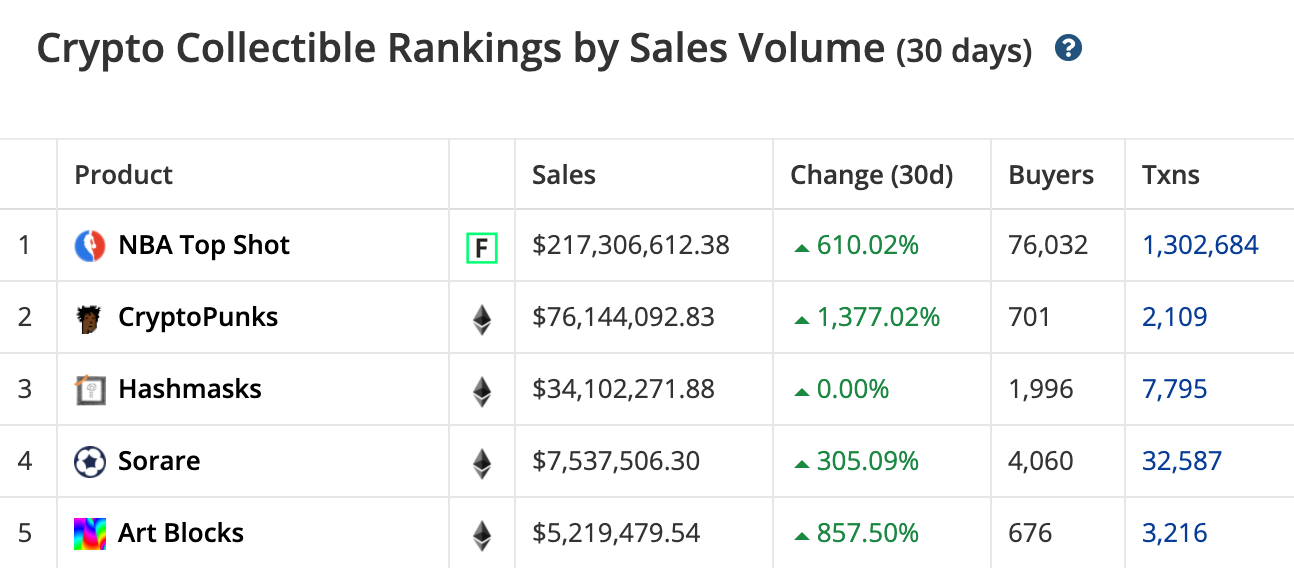sari
@sari
making Sublime — for you and for me.
sari
@sari
making Sublime — for you and for me.

Prosumer and
from Jeff Bezos on the Lex Fridman podcast:
there are 1000 ways to be smart. when I go around and I meet people, I'm always looking for the way that they're smart. and you find that's one of the things that makes the world so interesting and fun, is that it's not like IQ is a single dimension. There are people who are smart in such unique ways.


A trend is a fad whose demand is not satisfied. A fad is a trend whose demand is satisfied too quickly. The lesson? If you experience success, do not try to satisfy all the demand. Instead, always maintain a ring of desire around your work of people who are intrigued but can’t get it quite yet. Do it long enough and an organic trend will emerge.
-vi
... See more
